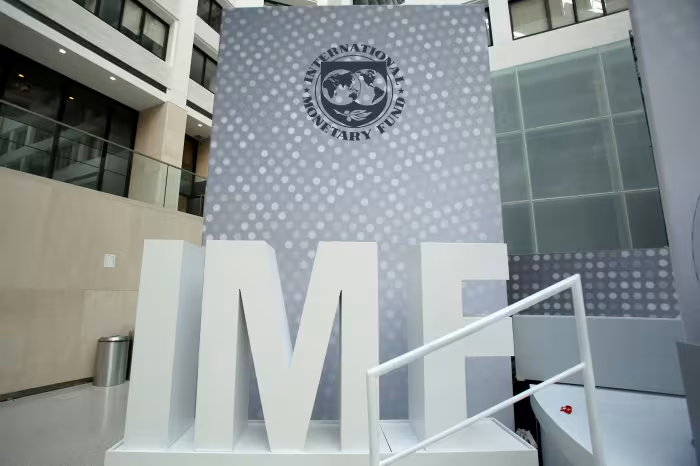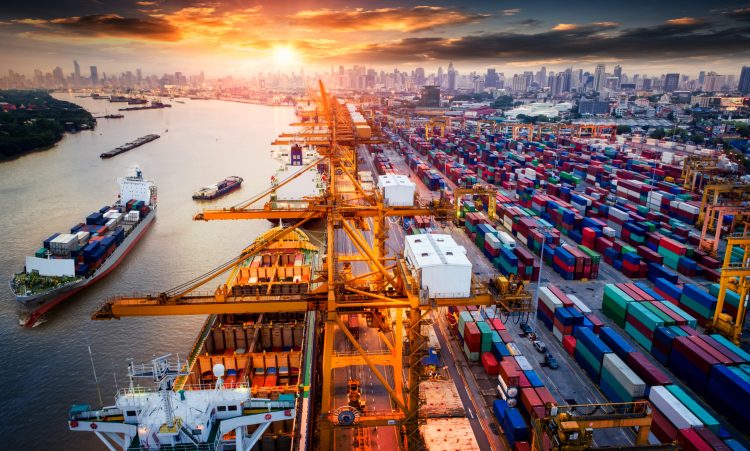The EU is about to take action against Russia
On May 13, local time, Bloomberg reported that the European Union is brewing the 14th round of sanctions against Russia, this time will involve Russian natural gas, and plans to prohibit Russian liquefied natural gas from using EU ports for transit. This would mark the first time that the EU has imposed restrictions on Russian LNG exports.
Some institutional analysis believes that once the EU sanctions will have a profound impact on Russia’s LNG export model. Russia will have to overhaul its LNG export strategy, and gas and LNG prices could soar.
At the same time, there is also big news about the freezing of huge Russian assets by EU countries. According to the website of the German Frankfurter Allgemeine Zeitung, EU member states have unanimously decided to use the additional proceeds generated from frozen Russian funds for Ukraine. Russian funds frozen in the EU are expected to generate €3 billion a year. According to the legal interpretation of the European Commission and the Council of the European Union, Russia is not entitled to the proceeds.
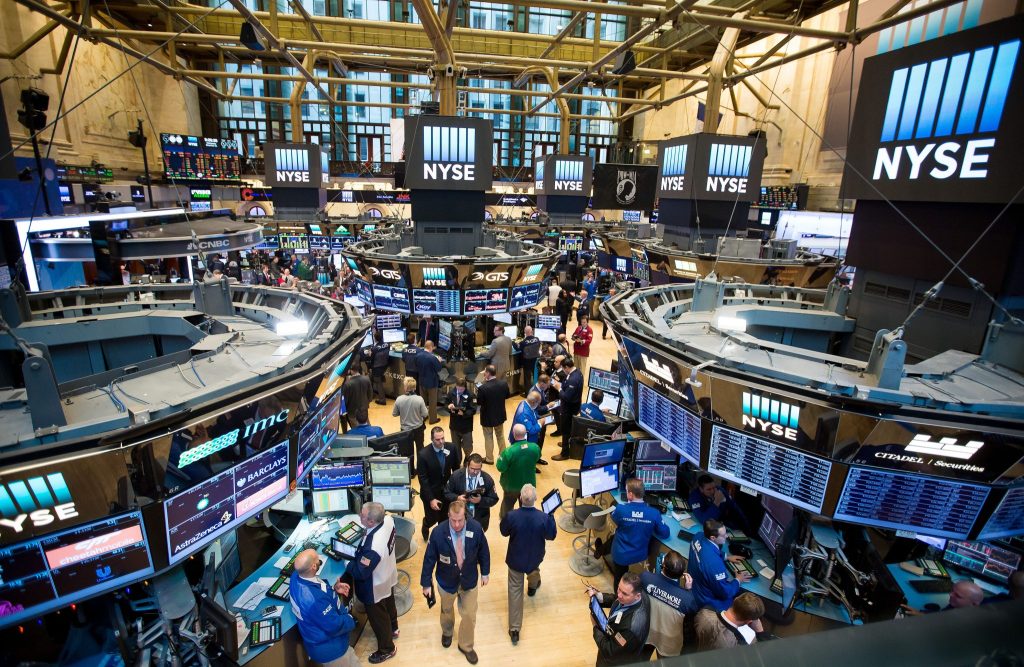
The EU is ready to act
On May 13, local time, according to Bloomberg News reported that the EU is brewing the 14th round of sanctions against Russia, this time will involve Russian natural gas, but not to ban the import of Russian gas, but to prohibit Russian liquefied natural gas (LNG) to use the EU port transit.
The move is being discussed by EU policymakers and, while not an outright ban, would mark the first time the bloc has imposed restrictions on Russian LNG exports.
The EU’s move is aimed at curbing Russia’s fossil fuel revenues while also ensuring that European citizens are not saddled with higher energy costs.
Before that, the United States and its Western Allies had imposed a series of sanctions on Russian energy goods, but Europe had shied away from imposing restrictions on Russian gas because Russia was a major supplier of more than 40 percent of EU imports before the Ukraine invasion.
After the outbreak of the conflict between Russia and Ukraine, the European Union significantly reduced its gas imports from Russia.
It should be noted that most of Russia’s natural gas exports to the EU were transported in the form of pipelines, and although the EU has reduced imports of pipeline natural gas, its imports of LNG to Russia have increased.
For the whole of 2023, the EU imported 14.4m tonnes of LNG from Russia and transshipped 2m tonnes, according to consultancy Energy Aspects. If the EU bans the transshipment of Russian LNG at its ports, it could lead to the gas being sold on the European market instead.
Bloomberg reported that the EU’s latest plan may anger Asian buyers of Russian LNG, such as India.
James Waddel, head of European gas and global LNG at Energy Aspects, said Russian LNG exports to Asian buyers could fall or become more expensive due to higher freight rates.
Potential EU sanctions would further complicate Russia’s shipping logistics, with global fleets avoiding the Red Sea and rerouting around the Cape of Good Hope in Africa because of continued attacks by Houthi fighters in Yemen on ships near the region.
Some institutional analysis believes that once the EU sanctions will have a profound impact on Russia’s LNG export model. Currently, Russia supplies liquefied natural gas to Asia via Europe, with Spain, Belgium and France being the main transit points. If sanctions are implemented, Russia will have to overhaul its LNG export strategy.
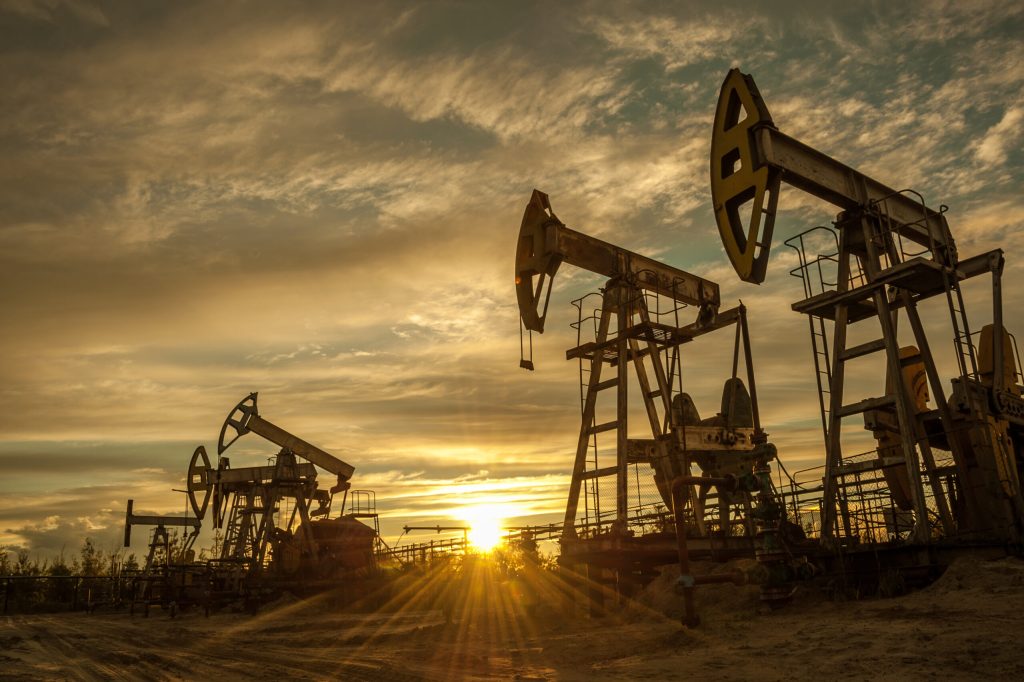
How much does it affect?
Since the outbreak of the conflict between Russia and Ukraine, Europe has followed the United States in imposing embargoes or price restrictions on Russian oil and other energy products in an attempt to get rid of its energy dependence on Russia.
In 2023, Europe will import nearly 60% less gas from Russia via gas pipelines than in the previous year, equivalent to a reduction of 26 million tons of liquefied natural gas.
Europe has instead increased its LNG imports from the United States, which accounts for 70 percent of its exports to Europe. Before the conflict with Ukraine, the proportion was only 30 per cent.
The United States will export about 87 million tons of LNG in 2023, which has risen to the first place in the world. The agency predicts that as the United States promotes the expansion of natural gas production capacity and the construction of export bases, the export volume of liquefied natural gas in the United States will further expand after 2024.
Regarding the 14th round of EU sanctions, Russian presidential Press Secretary Dmitry Peskov has warned that any sanctions launched by the European Union against Russian liquefied natural gas will have a “backbiting” effect.
Mr Peskov noted that attempts to squeeze Russia “out of the energy market and to move [buyers] to more expensive markets are continuing”. According to him, any new EU sanctions against Russia will benefit the United States because it means European industry will pay more for gas.
Analysts believe that once the EU sanctions take effect, Europe’s energy landscape is likely to change significantly in the coming months.
PatrickPouyanne, CEO of TotalEnergies, predicted a sharp spike in gas and LNG prices following EU sanctions against Russian LNG.
ACER, the EU’s energy regulator, warned that the EU still needs to import Russian LNG to avoid an energy shock. It is difficult for the EU to balance its own energy security with cutting Russian gas purchases to hit Russia’s finances.
Major decision
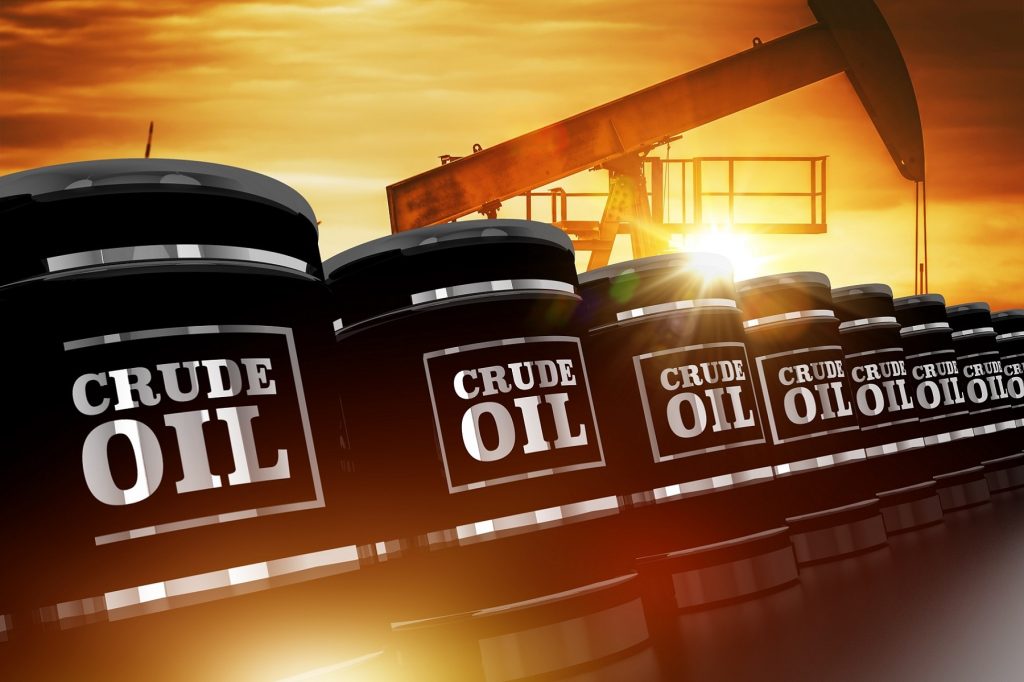
There was also big news about Russia’s huge assets frozen by the European Union.
Recently, according to the German “Frankfurter Allgemeine Zeitung” website reported that after several weeks of negotiations, EU member states unanimously decided to use the additional revenue generated by frozen Russian state funds for Ukraine.
This momentous decision follows a recommendation made by the European Commission in mid-March. According to the proposal, 90 percent of the net proceeds should be used to compensate member states for military assistance to Kiev, and the remaining 10 percent would be used to support Ukraine’s state finances and reconstruction.
According to the legal interpretation of the European Commission and the Council of the European Union, Russia is not entitled to the resulting additional revenue.
Russian state funds frozen in the EU are expected to generate €3 billion a year.
Since the outbreak of the conflict, EU countries have frozen about €210bn of Russian state funds, which are almost entirely held by the Eurobond Brussels clearing bank. The bank invested the maturing funds in government bonds.
According to reports, the EU member states in the negotiations also decided that the Eurobond Brussels clearing bank can impose a 0.3 percent management fee on the proceeds. This overturned the original plan to impose a 3% levy. In addition, as the bank faces risks such as damages in Russia, 10% of the investment income will be retained by the bank as a buffer.
Russia’s Foreign Ministry has said the freezing of Russian assets in Europe is theft. Russian Foreign Minister Sergei Lavrov said: “We will certainly respond, and we can also not return the funds stored in Russia by Western countries that are frozen because of the seizure of Russian state reserves.” There will no doubt be reciprocal action.”











